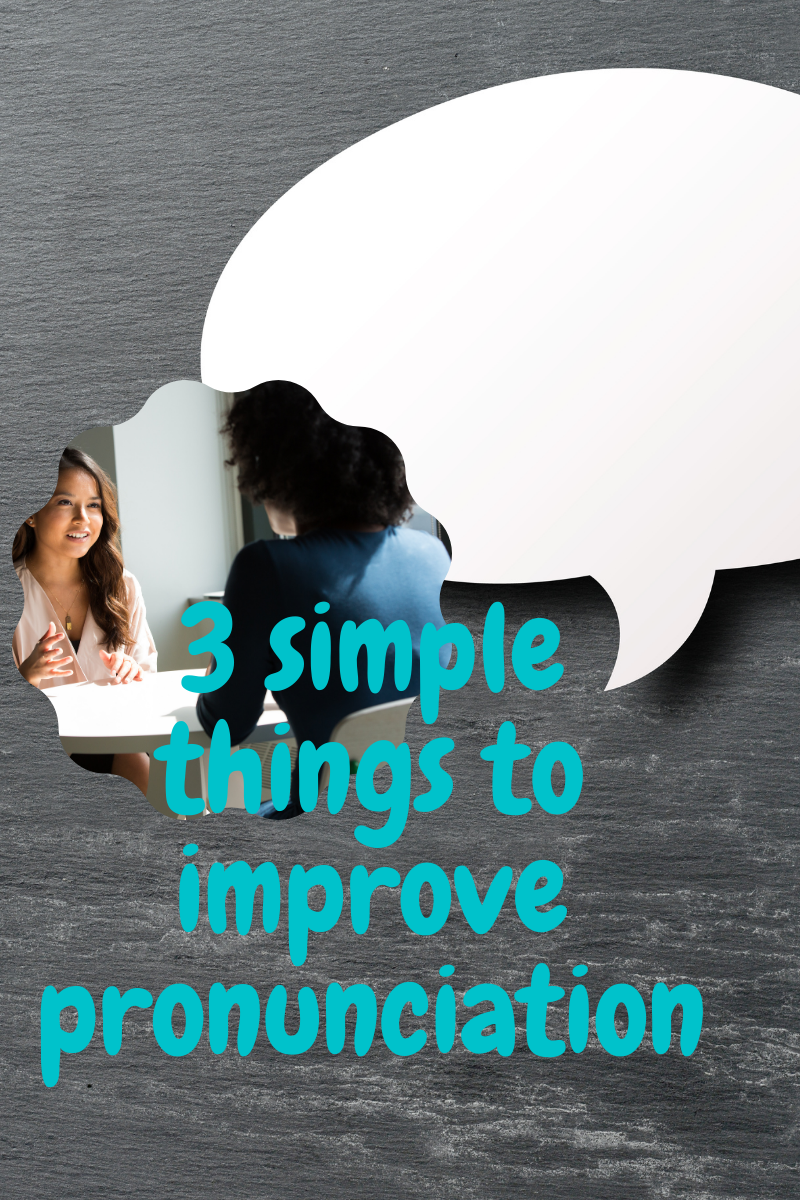|
You have studied all the phonics and have been working hard on learning words and grammar but you feel like your pronunciation could be improved. Well here are three tips that are simple but can make a lot of difference.
1. Is you emPHAsis on the wrong syllABLE? Emphasis can seem like a little thing but it can make a lot of difference to how a word sounds. In Scottish Gaelic the emphasis is almost always on the first syllable. Here are some examples: agam ---> AGam ionnsachadh --->IONNsachadh madainn -----> MADainn As with any rule there are a few exceptions. Words that have an accent in another syllable will have the emphasis on the accented syllable i.e. buntàta. Words that are barrowed from other languages may have different emphasis as well. The last main exception are words that used to be two words such as airson, which used to be air son. 2. Voiced and unvoiced letters There are some sounds that use the same mouth shape but make two different sounds depending on whether or not you use your voice. These are called voiced/unvoiced letter pairs. There are three of them in Scottish Gaelic: voiced unvoiced D T G C B P In Scottish Gaelic if the voiced letter is the first letter in the word it will make its proper voiced sound. However if it is in the middle or the end of the word it will most likely change to the unvoiced version. Here are some examples: agad sounds like akat leabaidh sounds like leapaidh madainn sounds like matainn A lot of the unvoiced D's in the middle and ends of words in old spelling have been changed to T's in new spelling. Such as èisd/èist, an-dràsda/ an-dràsta. So depending on when and where the Gaelic you are reading was written there will bi more or less of these voiced/unvoiced letters. 3. Those crazy double letters There are three letter that double in Gaelic, L, N,R. You may recognize this gang of letters as they hang out together a lot. When one of these letters doubles it makes a change to the vowel next to it. These sound changes are really important because they often make the difference between one word and another. Here are some examples: sin sounds like shin sinn sound like sheen an sounds like an (ie English an apple) ann sounds like awn tòl sounds like toll (English) toll sounds like tawl The first four examples there are things you will likely use in daily conversation and getting them right can go a long way toward making your Gaelic sound good.
0 Comments
|
Details
AuthorsCaroline has been involved with Gaelic for more than 18 years. She has degrees in Celtic Studies and Gaelic Medium Teaching. Archives
March 2021
Categories
All
|
Proudly powered by Weebly


 RSS Feed
RSS Feed